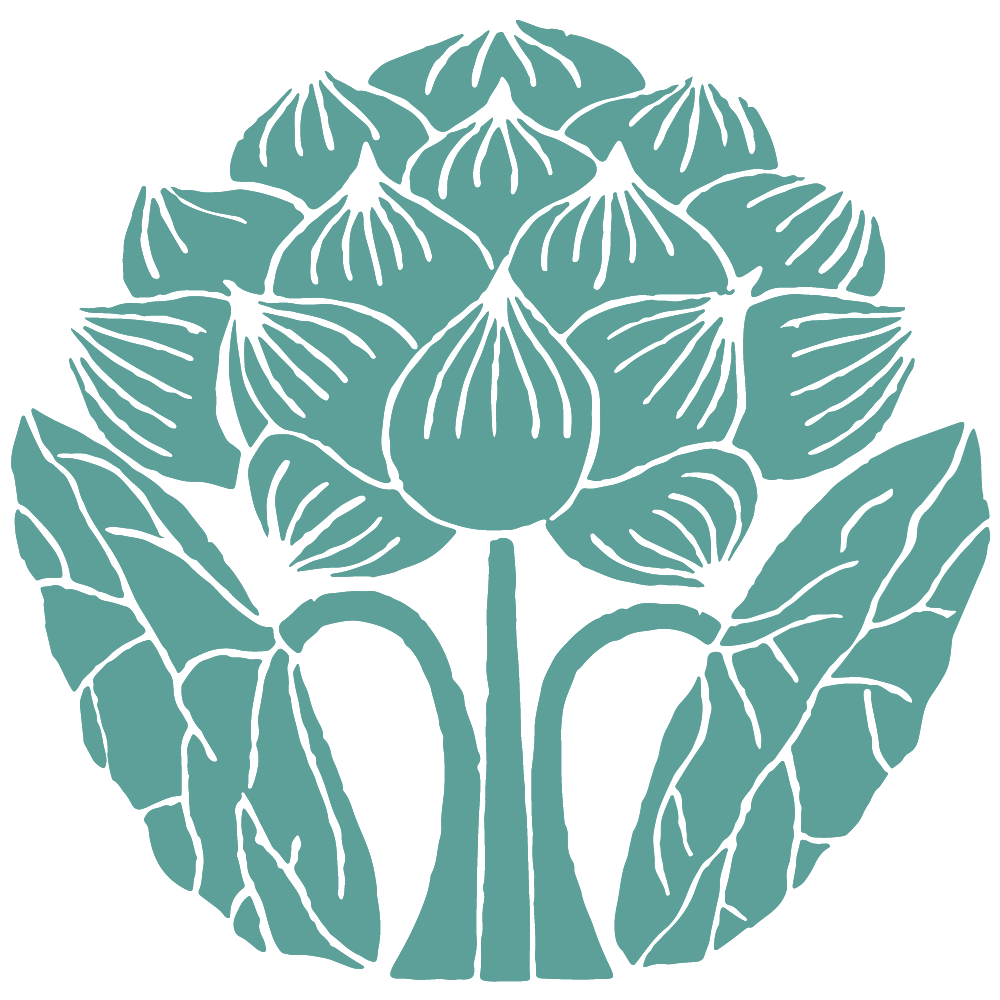It’s no secret that heroin is to be found just about anywhere in the region. The governor of Vermont devoted most of his state of the State speech to the epidemic; a national magazine infamously had a cover story about it complete with a front-page picture of a Vermonter shooting up heroin as the replacement image on what would have been a can of maple syrup.
In a small state like Vermont, it quickly gets close and personal. Heroin is not ghettoized into a specific community or group here. It’s less than comforting when your children are attending the funeral of a friend who overdosed or live across the street from a smack house. A friend told me that his high school aged child couldn’t get away from the stuff – it was in school, it was at work, it was at play. Another friend sent their child, recent college graduate, across the country to get away from this drug infested environment.
So, why is this happening? To begin with, it’s cheap, abundant and provides a wonderful high. That’s a temptation hard to resist for the potential addict. Here’s how one former user described what it felt like: “Heroin feels better than sex. You could have lost your job, got kicked out of your house, broke up with your girlfriend, lost all your money all in the same day, and after you do heroin, it all just feels like its ok. And not only that, you feel like your on top of the world, like you can talk to any girl, see everything happening before it happens, talk your way out of anything, do any task in front of you.”1
Of course, the day after, “you hate everything, you will be tired, unmotivated, bored and depressed.” Not to mention, that eventually, your life will be ruined…
Secondly, we have become a society awash in drugs. Culturally, we foster the habit of modulating our moods thru chemistry. Nothing really new there – except the extent to which it has become a pervasive phenomenon. Marijuana, which has potent anti-inflammatory benefits amongst other things (at least if it is a variety with sufficient cannabidiol, commonly called CBD, as opposed to tetrahydrocanniabinol (THC)), is all but legal at this point. Some see it as a gateway drug, but it certainly is not alone.
It is just as likely that the potential addict is introduced to drug culture via prescription medications like the opioid Oxycodone, SSRIs Prozac and other antidepressants, stimulants like Ritalin and other ADHD drugs, to name but a few.
All of these are readily available, either thru legal or illegal channels, to the target population.
Obviously, heroin addiction is something that needs to be handled on the macro as well as the micro level. There are societal issues such as economic opportunity, the integrity of the family unit and the pervasiveness mind-altering substances.
Then there is the challenge of working with the individuals who are tempted to – or already have – succumbed to its enticements.
Amongst the family members, educators, therapists, and medical personnel who must be enlisted to support an individual to overcome addiction, homeopaths can play a significant role.
In fact, it is a subject to which homeopaths have addressed themselves for about 150 years. Of course, opium use and other forms of addiction existed in that era as well. In the parlance of the time, it was referred to as ‘morphinism’ in those older reference books.
Looking at therapeutic books, one can see some seventy homeopathic medicines listed as useful in the treatment of drug addiction. Like all things homeopathic, the selection of a specific medicine is based not only on the symptoms to be treated but also the characteristics of the person to be treated. Put another way, the variety of remedies reflects a diversity in the individual circumstances and natures of patients.
Having said that, though, there is one remedy which recently has garnered some attention as being highly effective for facilitating drug detox and helping people cope with their post-detox condition.
Dr. Loretta Butehorn, a licensed psychologist and certified homeopath, is an active member of the homeopathic community on many fronts. Currently serving as a board member for the national organization, she also teaches alternative medicine at Boston College as well as at a homeopathic college. This is, of course, in addition to her clinical work where she works with a clientele challenged by mental health problems, where she treat many persons with substance abuse issues.2
Based on her clinical experience and research, Butehorn has found that a well know remedy called ‘Nux Vomica’, derived from a plant commonly called the ‘poison nut’, is highly effective in assisting persons to pass through the detox and post-detox phase of their recovery with few symptoms and less likelihood of relapsing.
Compared to conventional pharmaceutical medicines, it is without side effects and much less expensive.
Nux-v has long been prescribed for people with sensitive nervous systems, prone to irritability, digestive disturbances and overwork. On a constitutional level, they tend to be ambitious and competitive, classic ‘type A’ personalities.
One aspect of the remedy is that they have a tendency to indulge in stimulants. It is a way that they can maintain their energy and mental acuity for the generally fast paced and stressful life they are pone to lead.
The most striking action of Nux-v, in Buterhorn’s experience, is that the craving for drugs diminishes dramatically under its influence. She is careful to warn that substance abuse is a complex problem – a medical problem with underlying layers of deep psychological disturbance. Within the context of detox and rehabilitation programs, as well as a supportive environment for the patient, Nux-v can play a crucial role to prevent people from relapsing and allowing them to move on with rebuilding their lives.
1. https://answers.yahoo.com/question/index?qid=20130701141049AAu5LKT
2. Sperling, Vatsala, ‘Arnica of Addiction Discovered’, Homeopathy Today, Spring ’14, pg. 38
